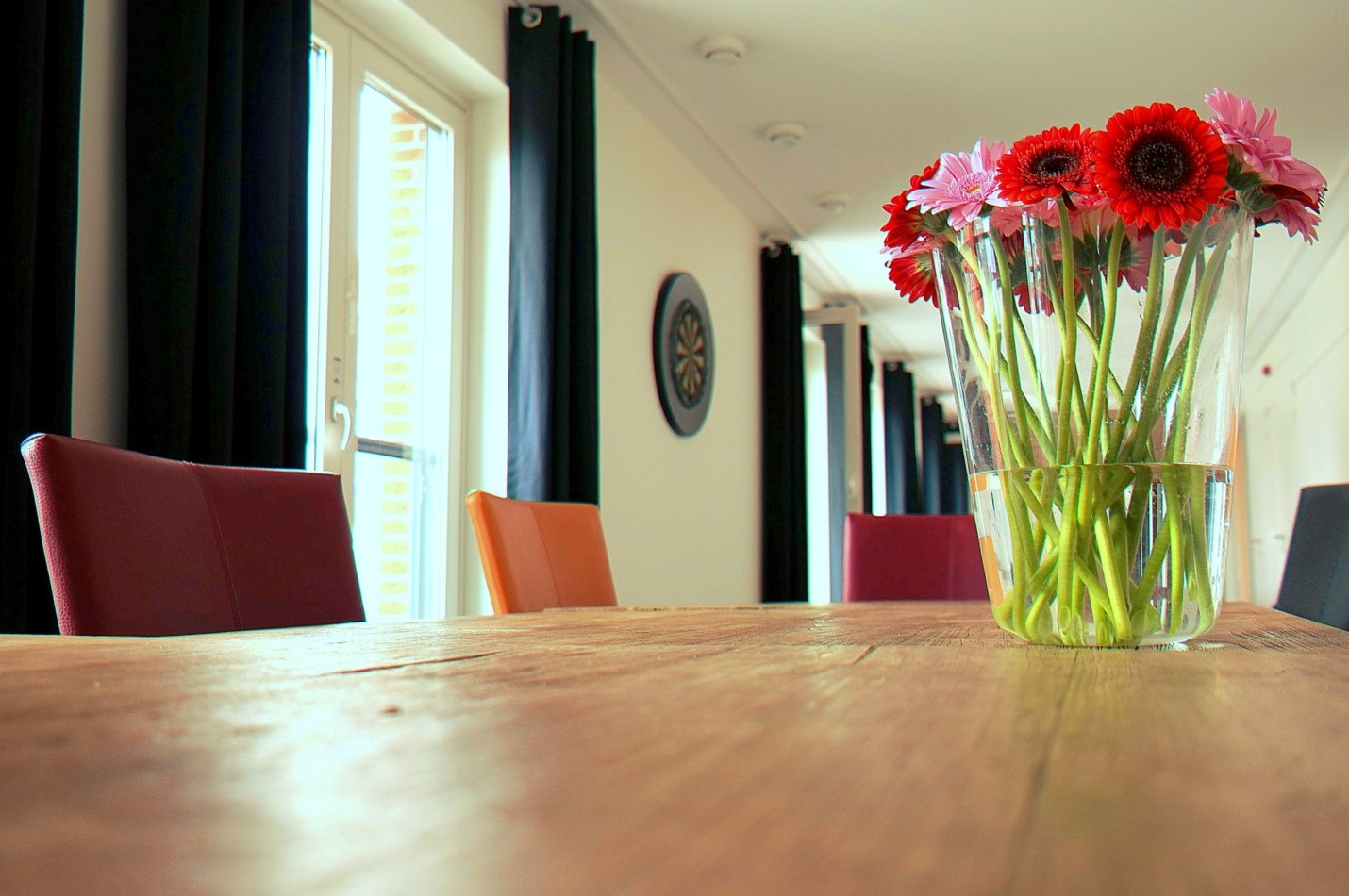At one point or another, we’re all going to deal with clogged drains.
Unfortunately, as skilled tradesmen are becoming rarer, the cost of drain cleaning is becoming more expensive.
In this economic climate, where anything can happen tomorrow, it’s important to know how to save several hundred dollars by fixing a clogged sink drain yourself!
Contents
How can I fix clogged drains?
Whether you’re dealing with a clogged bathroom sink or a blocked toilet, there are many solutions that may work.
Before you call a licensed plumber, try some of the following tips!
Get out the plunger
Plungers have a high rate of success, and they’re not just for toilets!
While some toilet plungers will work on a sink drain, sink drain plungers also exist.
Step 1) Remove the Pop-up stopper (If there is one)
Step 2) Pour some water into the sink. You don’t need to fill the sink, but you’ll have a better time if there’s some water in the sink drain.
Step 3) Block the overflow or second sink drain (If there is one). We want to keep the suction and pressure in the drain!
Step 4) Put the mouth of the plunger over the clogged drain so that there is a seal.
Step 5) Push!
Step 6) Pull! Don’t pull so high that you break the seal!
Step 7) Repeat!
Sometimes it takes many plungers, but eventually, most clogged drains will be fixed by a plunger.
Clean the P-trap
Oftentimes, drain gunk accumulates in the P-trap. The P-trap is the bendy pipe under your sink. Its function is to retain some water and use it to block sewer gas from entering your home.
Unfortunately, as water passes through the trap, some matter often sinks to the bottom of the pipe. This matter can accumulate, and before you know it, you may have a full drain blockage!
To fix this, you’ll need to disconnect the P-trap!
First, shut off the water.
Second, place a bucket underneath the P-trap.
Third, unscrew the nuts by turning them counterclockwise. You may need to use a rag to improve your grip.
Fourth, disconnect the P-trap from the other pipes.
Fifth, use a flexible wire brush to scrub the P-trap clean.
Lastly, reassemble and test for leaks!
Hair Clog Remover
Plastic barbed hair clog removers are available online and in stores often for only a couple of dollars.
Simply insert the hair clog remover into the drain, wiggle it around a bit, and pull it out.
These clog removers are especially useful on shower and bathtub drains, and they will amaze you with how easy and effective they are to use!
Dish Soap and Hot Water
Dish soap is surprisingly effective against clogs, especially toilet clogs!
Simply pour about half a cup of dish soap down the clogged drain, followed by some hot water.
Let it sit for some time, and it may work your clog out!
Homemade Drain Cleaner
Most plumbers agree that using harsh chemical drain cleaners is a risk to your plumbing system. Some chemical drain cleaners claim to be safe for plumbing systems, however, we feel it’s best not to risk it. After all, hiring a plumber Etobicoke for a drain pipe replacement isn’t cheap!
Instead, you can use common household items!
Pour half a cup of baking soda down the affected drain, followed by half a cup of white vinegar.
Let it sit for half an hour, then flush it with hot water!
Afterward, you can pour some lemon juice down the drain so that it smells good!
Enzyme Drain Cleaners
While harsh chemical drain cleaners aren’t advised, enzyme drain cleaners can be a great addition to your drain maintenance!
Enzyme drain cleaners work by introducing enzymes that can break down matter forming blockages. From there, bacteria can eat the broken-down matter and work it out of your system.
While enzyme drain cleaners are effective, they take time to work. We recommend using enzyme drain cleaners for maintenance instead of clog removal.
For the most part, physical drain cleaning is the most effective method to unclog a drain.
Prevention is the Best Cure
Ultimately, the best way to deal with clogs is to avoid them.
Our plumbing systems are designed very intelligently. If they’re built to code, you shouldn’t have to worry about plumbing issues very often.
The important thing to note, however, is that our drain system is only designed to handle water, human waste, and toilet paper.
Putting anything else down the drains risks clogged sink drains, clogged toilets, blocked stacks, and blocked sewers.
Try to avoid putting food, grease, garbage, paper towels, napkins, dental floss, q-tips, and almost everything else down the drains. If you limit what goes down the drain to water, toilet paper, and what comes out of you, you shouldn’t need a plumber too often!












